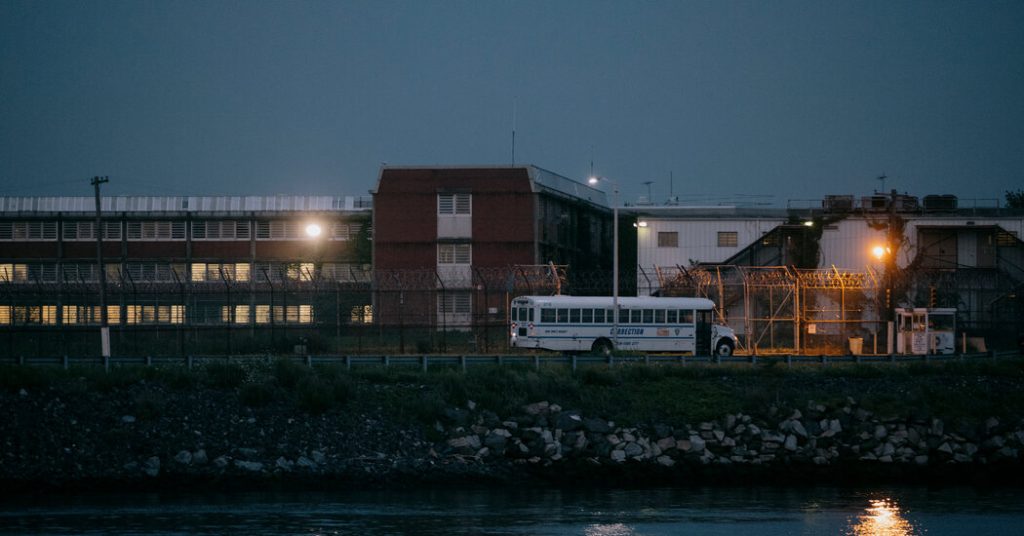The New York attorney general’s office of special investigation found that the failure of three correction workers to provide medical aid to Michael Nieves contributed to his death after he sliced his throat with a razor at Rikers Island on August 25, 2022. The workers were not criminally charged due to uncertainty about whether immediate medical attention could have saved Nieves. The workers had followed correction department rules by deciding not to render help, which was a surprising finding as the rules did not clearly require officers to provide immediate care for severely bleeding wounds. Nieves’s family has filed a lawsuit against the city and expressed disappointment in the workers’ lack of action while he bled to death.
Following the incident, the Department of Correction suspended all three workers for 30 days and banned them from having contact with detainees upon their return. Two officers were later accused of violating rules and directives on suicide prevention and intervention, with disciplinary proceedings still pending. The Correction Officers’ Benevolent Association praised the attorney general’s decision not to charge the officers, believing that they had followed department regulations and done nothing wrong. The officers involved in the incident have been vindicated, according to the union president.
Michael Nieves had a history of mental health crises, including bipolar and schizophrenia disorders. He was diagnosed after a suicide attempt in February 2019 that resulted in 12 days at Bellevue Hospital. Nieves was awaiting a fitness to stand trial examination when he committed suicide in 2022, having been deemed unfit twice before. He was held in a PACE unit, known for offering intensive psychiatric care. The suicide attempt occurred after a missing razor was located in his possession, leading to him being left alone in his cell as workers searched another inmate’s cell.
The failure to provide immediate medical care to Nieves, along with systemic issues at Rikers, contributed to his death. Medical workers responding to the emergency were not informed of Nieves’s intense bleeding, leading to a delay in appropriate treatment. Correction leaders were confused about department rules on providing medical care, with conflicting information provided regarding pressure on open wounds. While some believed it was required for all wound care, others said it was not part of their training. The lack of clarity in training and rules was identified as a contributing factor to Nieves’s death.
Overall, the report from the attorney general’s office highlighted the shortcomings in the correction workers’ response, as well as the systemic issues at Rikers Island that led to Michael Nieves’s death. The lack of immediate medical care, confusion around department rules on providing first aid, and failures in communication during the emergency were all cited as contributing factors to the tragic outcome. Nieves’s family continues to seek justice through legal action against the city, while the correction officers involved maintain their innocence in the situation. The incident has sparked discussions about the need for clearer protocols and better training for correction workers to prevent similar tragedies in the future.


